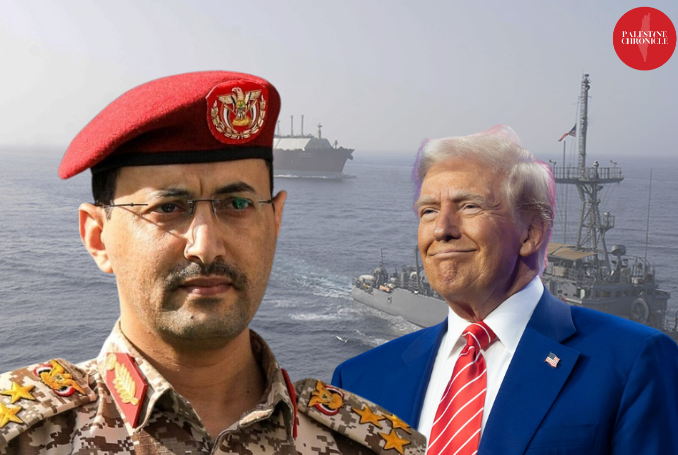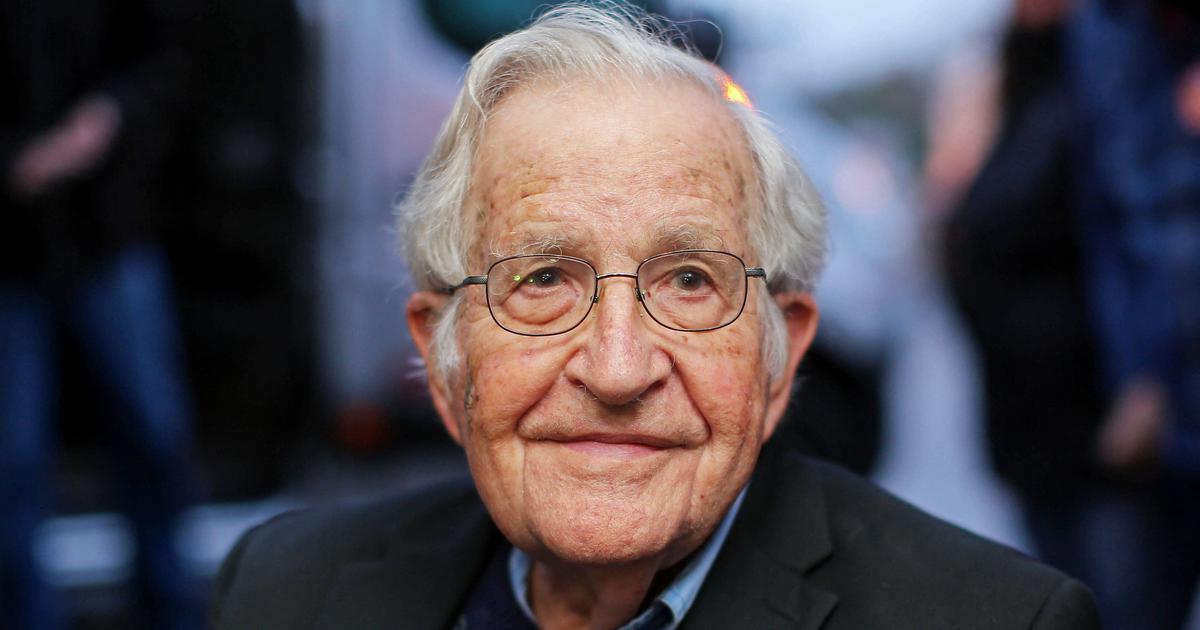by SCOTT FERGUSON & WILLIAM SAAS

We are joined by David I. Backer, associate professor of education policy at Seton Hall University, to discuss his new book: As Public as Possible: Radical Finance for America’s Schools (The New Press, 2025). The right-wing attack on education has cut deep. In response, millions of Americans have rallied to defend their cherished public schools. Backer’s incisive book asks whether choosing between our embattled status quo and the stingy privatized vision of the right is the only path forward. In As Public as Possible, Backer argues for going on the offensive by radically expanding the very notion of the “public” in our public schools.
Helping us to imagine a more just and equitable future, As Public as Possible proposes a specific set of financial policies aimed at providing a high-quality and truly public education for all Americans, regardless of wealth and race. He shows how we can decouple school funding from property tax revenue, evening out inequalities across districts by distributing resources according to need. He argues for direct federal grants instead of the predations of municipal debt markets. And he offers eye-opening examples spanning the past and present, from the former Yugoslavia to contemporary Philadelphia, which hastens us to envision a radically different way of financing the education of all children.
Backer’s book is thus a must-read for anyone interested in building a robust and democratic public education system today and in the future.
Visit our Patreon page here: https://www.patreon.com/MoLsuperstructure
Music by Nahneen Kula: www.nahneenkula.com
Transcript
This transcript has been edited for readability.
Scott Ferguson
David Backer, welcome to Money on the Left.
David Backer
Hi there. Thanks so much for having me. I guess I’m a longtime listener, first time caller.
Scott Ferguson
We are so overjoyed to have you. So we’ve invited you onto the podcast, finally, after many years, to talk about your forthcoming exciting new book, As Public as Possible: Radical Finance for America’s Public Schools that is set to be published December 2nd. Do I have that correct?
David Backer
That’s right.
Scott Ferguson
Cool. We want to dive into this book, but per usual we’d like to invite you to introduce yourself to our listeners a little bit. Talk a little bit about your intellectual, academic background and work and what brought you to this book. I think we’d also love to hear something about your history as an activist and an organizer in educational spaces and potentially beyond. So, the floor is yours.
David Backer
Thank you. Well, thank you again for having me. Again, I’m a fan of the pod, and I’ve learned a lot from it and a lot from you, Scott, in particular over the years, so it’s great to be with you and with your listeners. About me, I started studying philosophy in undergrad. I guess I’ll start there. I was really into the philosophy of mathematics, logic, that kind of stuff. I don’t know what it was. I was a terrible math student growing up. I guess I hated math and not only that, one of the reasons I hated math was because if you weren’t good at math, you weren’t smart. I wanted to be smart. Everyone wants to be smart, right? I was made to feel like I wasn’t because I wasn’t so good at math. I hated tests. I hate practical jokes and it really felt like one big practical joke. Like, what’s the answer, you know? So, I really hated it and I hated all the emphasis that my parents put on it growing up.
Scott Ferguson
Were they big math people? Did they work in mathematical professions? My father was an accountant, by the way. Big math and incredible penmanship.
David Backer
Yeah. My grandfather was actually an accountant and my whole family’s from South Brooklyn and, I found out recently, worked in the Empire State Building in the 40s and 50s, but he was actually the nicest in terms of all this stuff. He was the most understanding of all of it somehow. My parents, I don’t know. They had sort of reformed Jewish middle class types of anxieties about having a successful son and being good at math is just such a badge of success that there was a lot of pressure. I don’t know what it was, but I got that from teachers. You get that from everywhere too.
So by the time I got to college, I took a logic class for a language requirement and the professor said I was really good at it. She ended up being my advisor and I ended up taking a course with her over and over again where she just created her own sort of graduate seminar in lieu of a graduate program in philosophy of math and logic. I also studied continental philosophy and I had a real hatred of the continental analytic divide. I really didn’t like it. I didn’t understand it. We had a little group as undergraduates and we tried to name ourselves. We were in Washington DC, so we called it the Washington Circle. We tried to really do it up, you know. We called ourselves the “New Positivists” because we were positive about all philosophy. We’d get together and have these reading groups, people would give papers on Heidegger and the empty set, or things in philosophy of law. I just really hated how some of these professors on both sides, frankly, were so dismissive of the other when I felt that there were tools on each side that were really great. After that I found I really had a flavor for teaching. I also thought philosophy was great to do with young people and so I was a part of the Philosophy for Children movement.
MROnline for more








